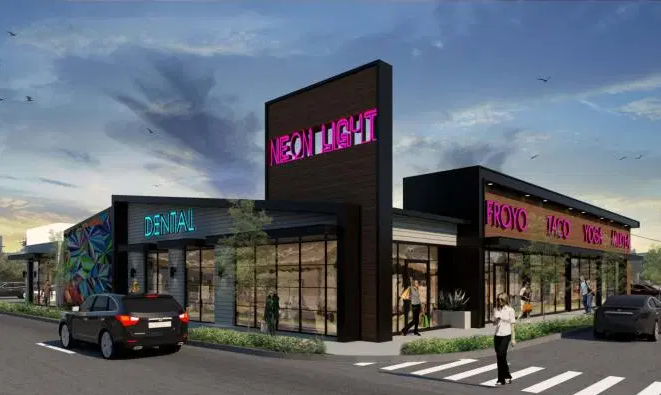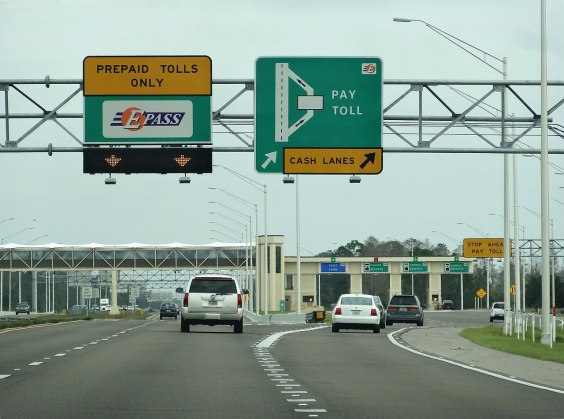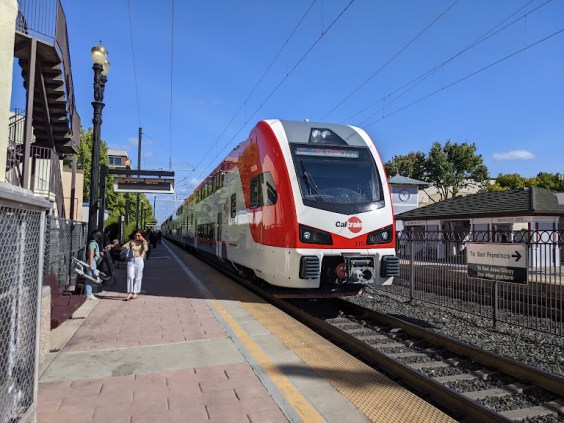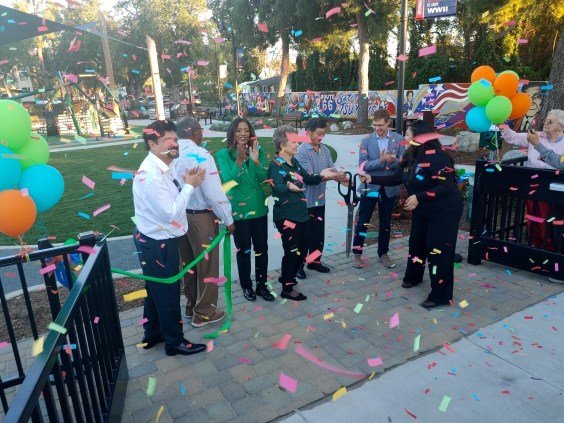Houston's decision to remove mandatory parking requirements from new developments in two of the city’s more walkable neighborhoods is already bearing fruit, as one forward-thinking developer has cut the amount of car storage in his new shopping center by 25 percent.
Pejman “PJ” Jamea, a partner at the Oxberry Group, told the Houston Chronicle that he planned to use the space that he would have had to set aside for parking at The Crossing at Midtown to create a plaza that would serve two goals: creating usable pubic space and showing the folly of having too much parking in an area where people don’t demand it.
“Traditional requirements don’t work for urban areas anymore,” Jamea said.
That’s exactly what Bayou City officials were hoping for when they voted in July to introduce so-called “market-based parking,” which allows developers to decide how much space should be allocated for cars above other things like people and shops within a portion of the Midtown and East Downtown neighborhoods. Mayor Sylvester Turner was a key advocate for the bill.
During early planning stages, city regulations demanded Jamea have at least 36 spaces at the 21,000-square-foot shopping area, but, once that condition was lifted, he cut it down to 25, citing the availability of on-street parking nearby along with what he called an “underutilized” public parking garage beneath a nearby park.
But the new regulations don’t put a cap on the amount of spaces a development can have and, of course, not every developer is cutting back on parking.
Retail developers continue to provide more parking than is even required by law, citing the demand of tenants who believe the more space you have to store cars, the more money you make.
“It has a massive impact,” Bryan Danna, whose Rerive Developmen Stomping Grounds development outside the new zone will have 225 spaces, or 12 for every 1,000 square feet, told the Chronicle. “It’s a very real component of sales volumes we can’t ignore.”






